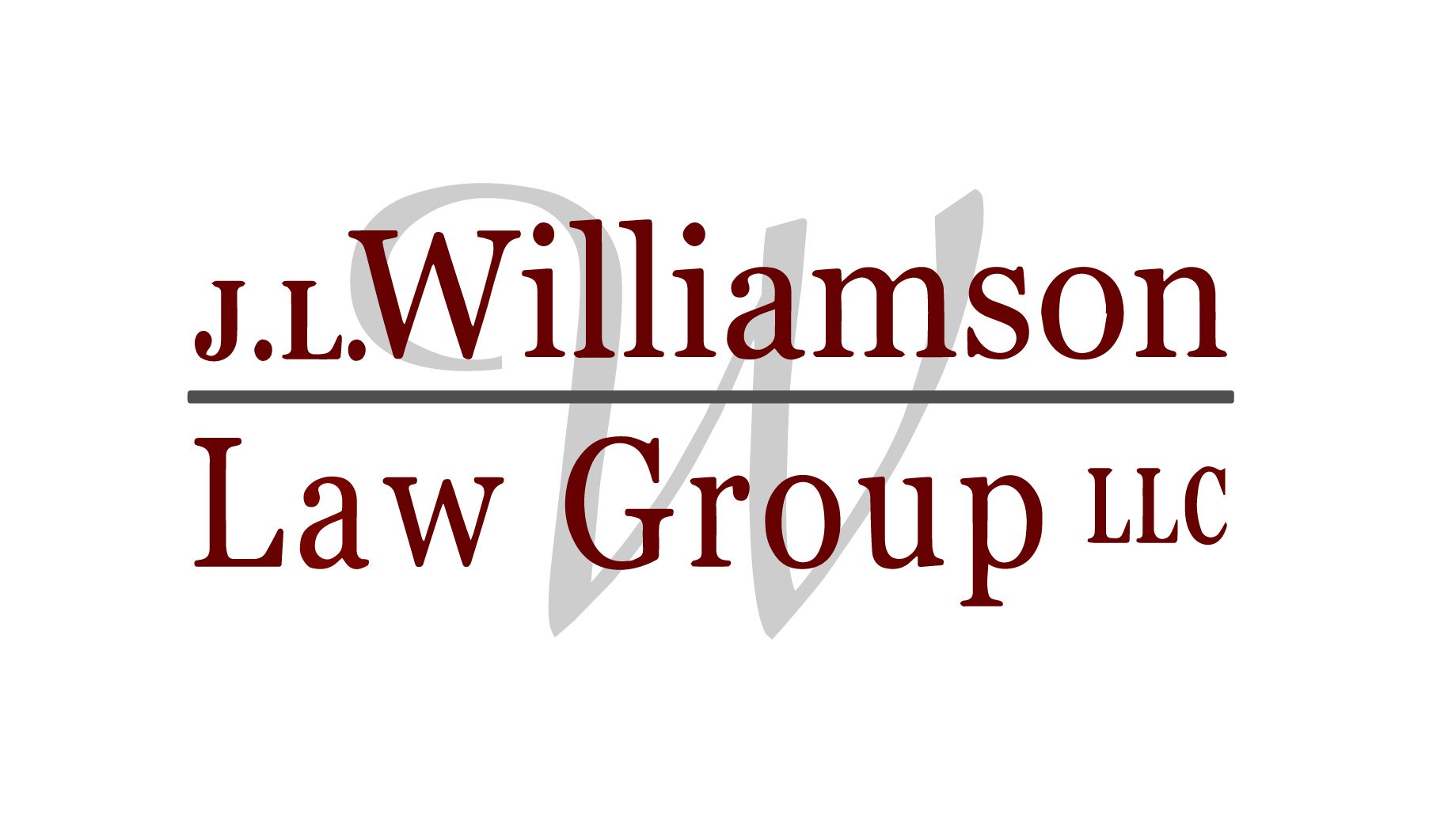THE NEW FOCUS: LONG TERM CARE
One ancillary effect of the recent pandemic is a renewed interest in estate planning. Given the changes under 2017 tax law, however, estate tax planning may now be of primary concern only to those whose net assets exceed $11 million. This expanded tax relief, however, does not relieve middle-class families of the responsibility of estate planning; it changes only the goals and concerns around which those estate plans should be structured.
The new primary catalyst for estate planning for most households is long-term care costs. And for those in the middle class, failure to plan for the inevitable and exorbitant costs of long-term care can result in much more devastating consequences than even the most draconian estate tax regime.
DEBUNKING A MEDICARE MYTH
Many people are under the false assumption that Medicare will pay their long-term care expenses. That is false! If you or your parents require assisted living, nursing home care or home health care, you have only three options: privately pay for these services; hope the long-term care insurance you’ve purchased, if any, will pay for these services; or try to qualify for Medicaid.
For those age 70 or older, purchasing long-term care insurance may not a viable option, especially if those persons have chronic health conditions so that leaves private pay and qualifying for Medicaid. The average cost of a nursing home in Georgia is approximately $7,000.00 per month — although current costs easily exceed that and are rising every year. At that rate, if you choose to pay for long term care services out-of-pocket, it won’t take long for the wealth you’ve accumulated over your lifetime to be consumed.
PROTECTING YOUR ASSETS THROUGH TRUSTS
Is there a way to protect your assets from being devoured?! Perhaps, if you properly structure your estate plan to account for your impending long-term care needs. A well-drafted irrevocable trust will help protect what you have worked so hard to build and keep.
Trusts are something you may have heard about but don’t have any experience with. Do not be intimidated. These legal vehicles can be powerful planning tools when properly drafted and funded. A trust is created by a trust agreement.
There are three parties to the agreement: the grantor, the trustee, and the beneficiary. The grantor is the person creating the trust; the trustee is the person that must oversee and administer the property held in the trust; and the beneficiary is the person to whom income and assets of the trust are distributed. Depending on the circumstances, one person may be, simultaneously, the grantor, trustee, and beneficiary.
TYPES OF TRUSTS
Irrevocable trusts differ, in several important respects, from standard revocable trusts that readers may have incorporated into their estate plans. As the name indicates, these trusts are irrevocable — i.e., outside of certain special circumstances, the terms of these trusts cannot be changed. Second, grantors should not serve as trustees of these trusts.
Grantors, however, can reserve income rights to the property inside these trusts. For example, if you have farmland that you want to protect but rely on lease payments or timber sales from the land to pay your living expenses, it is possible to put the farmland inside one of these special trusts but require that all income from the land be paid back to you.
Additionally, many of these trusts contain the power, exercised in the grantor’s will, to change the ultimate beneficiaries of the trust. This is known as a special power of appointment. By retaining this power, assets inside the trust will receive an adjusted basis when those assets are distributed at the death of the grantor.
This is important if any capital assets such as stocks, bonds, or real estate are held in the trust because it can greatly reduce the amount of capital gains taxes the beneficiaries will have to pay if and when that property is later sold. Such tax savings are not available with outright gifts, and that is one reason why this type of planning usually is far superior to gifting assets outright to one’s children.
OUR EXPERTS CAN HELP
A carefully drafted irrevocable trust can add significant tax and nontax benefits to your overall estate plan, yet these types of trusts are, in the author’s humble opinion, underutilized. As with any estate planning technique, it is important to carefully review your particular circumstances with an expert estate planning attorney before deciding whether irrevocable trusts are appropriate for your particular situation.
J. L. Williamson Law Group, LLC, specializes in elder law and has significant experience with irrevocable trusts and other asset protection techniques. If you’re interested in learning more about how your family could benefit from this type of planning strategy, please contact us. Our telephone number is (912) 489-5573.
*The information contained in this article is not legal advice and should not be relied upon as legal advice.

